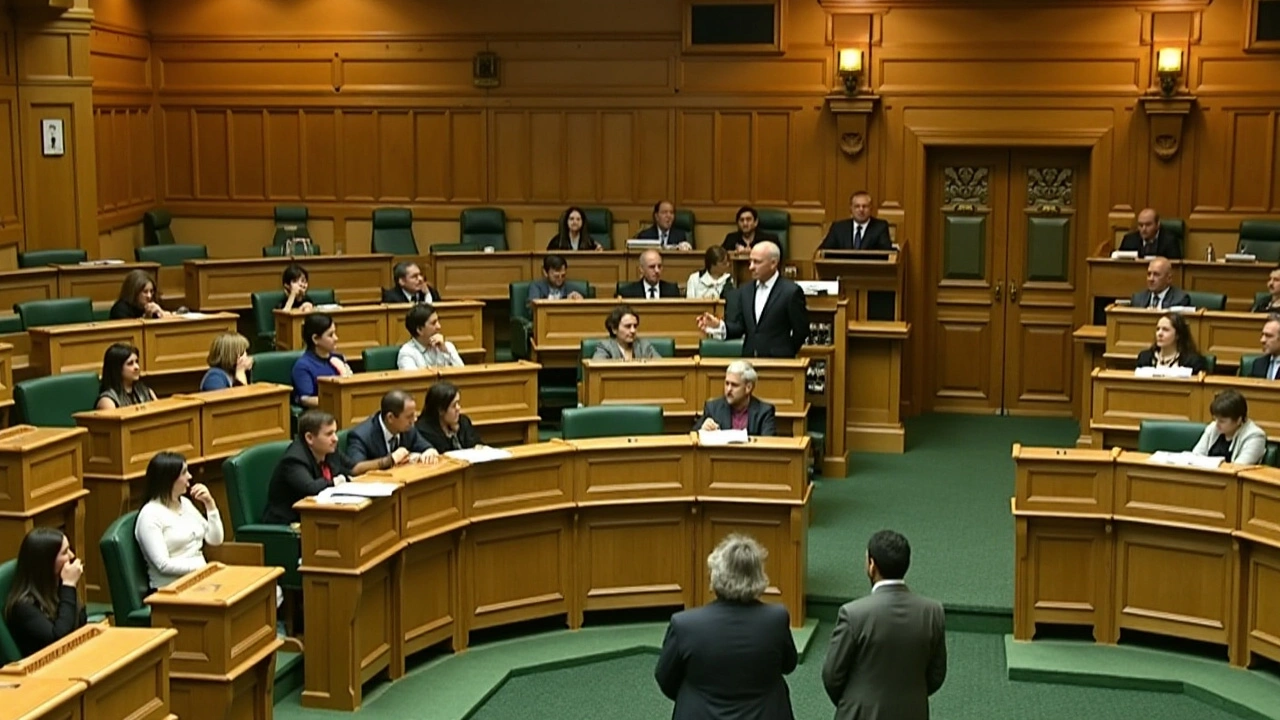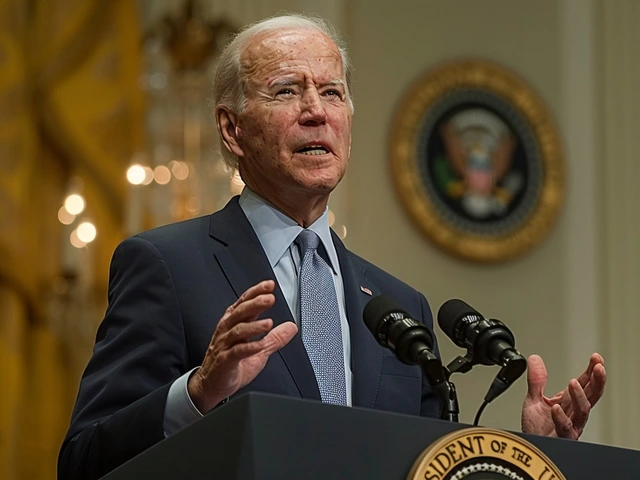Introduction: Indigenous Resistance in the Heart of New Zealand's Parliament
In a dramatic display of cultural defiance and political resistance, Māori lawmakers in New Zealand’s Parliament took a bold stand against a controversial legislative proposal by engaging in a traditional haka. This bold protest unfolded during the session dedicated to the first reading of the Principles of the Treaty of Waitangi Bill on November 14, 2024. The incident not only brought legislative proceedings to a temporary halt but also cast a spotlight on the strained tensions surrounding Māori rights and the contentious reinterpretations of the 1840 Treaty of Waitangi. The lawmakers' act was a vivid reminder of the sheer commitment within indigenous communities to protect their cultural sovereignty and political rights.
The Treaty of Waitangi: A Historical Framework
The foundational Treaty of Waitangi stands as a cornerstone in New Zealand's history and governance, serving as a linchpin document that has shaped the intricate dynamics between the government and the Māori people since its signing in 1840. Over the decades, the interpretation of the Treaty has been continually evolving, with ongoing debates over its application in modern contexts. Proponents of the bill argue for its redefinition to ensure equal application to all New Zealanders, aiming for a homogenized legal framework. However, critics, including Māori leaders, insist that such changes threaten established Māori rights and could unravel the delicate balance maintained over decades of negotiation and reconciliation.
The Protests: An Unwavering Stand
At the core of this political fracas was David Seymour's proposed bill, a piece of legislation that ignited significant opposition not just from the Māori lawmakers, but also from various sectors within New Zealand society. As parliamentarian Hana-Rāwhiti Maipi-Clarke stood to perform the haka, a dance imbued with cultural significance, she was quickly joined by fellow Māori representatives and supporters from the public gallery. Their synchronized performance was not only a gesture of cultural assertion but also a statement of unity against a perceived legislative threat. Speaker Gerry Brownlee's decision to suspend the session and eject Maipi-Clarke highlighted the deep-seated challenges of integrating cultural expression within formal political proceedings.
Legislative Maneuvers: The Politics at Play
Despite the fervent protests, the bill managed to pass its initial reading, leaving many to question the mechanics of New Zealand's political system. A quirk in New Zealand's parliamentary process often allows smaller parties disproportionate negotiating power, enabling them to push forward legislation that lacks wide support. However, the bill's path remains fraught with obstacles; Prime Minister Christopher Luxon has hinted at a veto, reflecting the broader legislative environment's lack of enthusiasm for the proposed changes. As the bill proceeds to a public submission stage, the words echoed through the chants of the haka will continue to resonate, galvanizing opposition efforts in the weeks and months to come.
Cultural and Political Ramifications
For many Māori, the proposed changes represent more than a legislative tweak; they signify a broader, more existential threat to the recognition and preservation of their status and rights as New Zealand's indigenous population. The bill’s potential to eradicate dedicated cultural and governmental structures - such as land allocations, parliamentary representation, and healthcare initiatives specific to Māori - has catalyzed protests across the country. These initiatives are not just benefits but are seen as essential correctives to address historical injustices faced by Māori communities.
Public Reaction and Broader Implications
The repercussions of this legislative battle extend beyond the marble halls of New Zealand's Parliament. Across towns and cities, thousands have taken to the streets in displays of solidarity, reinforcing the widespread opposition to the bill. The ongoing public outcry underscores a deep-seated anxiety over racial harmony and constitutional stability, with many fearing that such sweeping legislative changes could unsettle the country's carefully negotiated social fabric. The fervor with which New Zealanders from all walks of life have rallied against the bill reveals the weight of historical memory and the enduring commitment to upholding Māori rights.
Conclusion: Navigating an Uncertain Future
As the Treaty of Waitangi Bill continues its journey through New Zealand's legislative process, the country faces a pivotal moment. The outcome of this debate holds implications not only for the Māori community but for the entire nation. It raises pressing questions about identity, coexistence, and the respectful acknowledgment of indigenous history within a modern legal framework. New Zealand's lawmakers, citizens, and the international community will be keenly watching the developments, hoping for resolutions that honor past commitments while paving the way for an inclusive future.










Write a comment